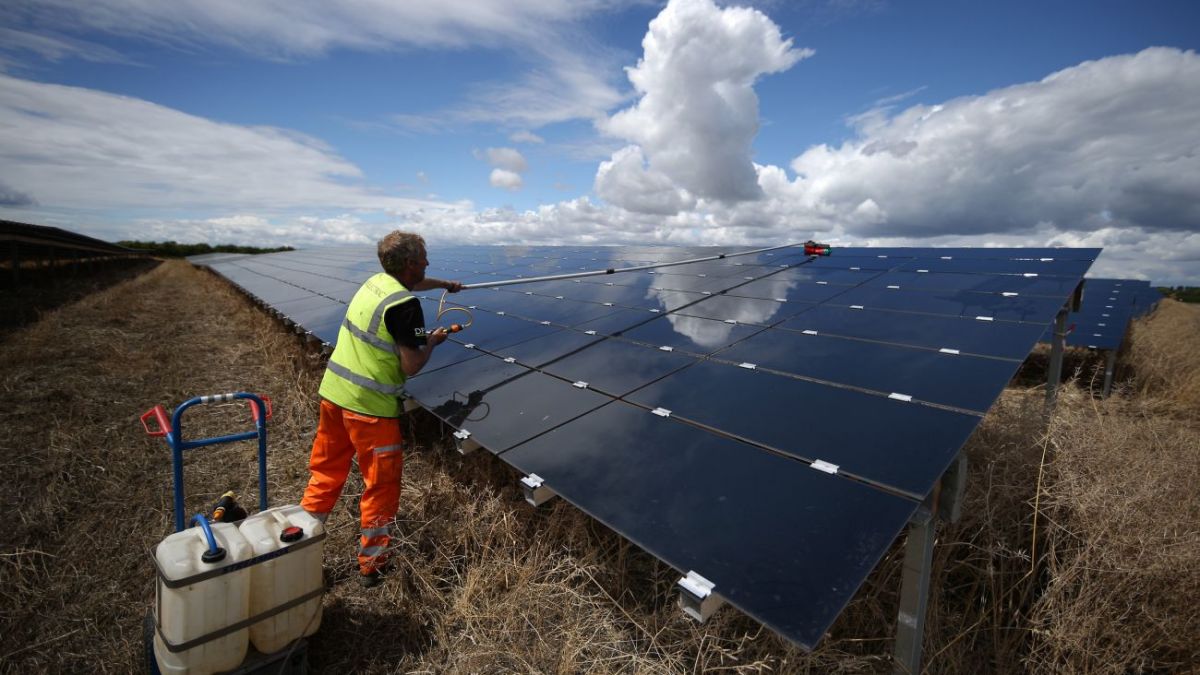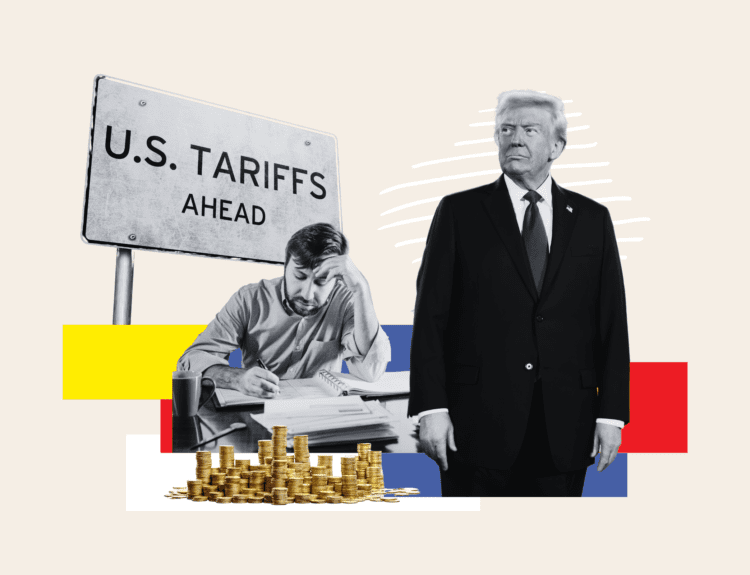The U.S. Department of Commerce has finalized tariffs of up to 3,521% on solar panel imports from Cambodia, Thailand, Malaysia, and Vietnam. This decision follows a year-long investigation into allegations that Chinese companies operating in these Southeast Asian countries were circumventing existing tariffs by selling solar products at below-market prices, benefiting from unfair subsidies.
- Cambodia: Facing the steepest tariffs, exceeding 3,500%, due to non-cooperation with the investigation.
- Thailand: Trina Solar’s products are subject to duties of 375.19%.
- Malaysia: Jinko Solar’s imports will incur tariffs of 41.56%.
- Vietnam: Specific tariff rates vary by company and cooperation level.
These measures aim to protect U.S. solar manufacturers who argue that the influx of underpriced solar panels from these countries undermines domestic production. However, industry groups like the Solar Energy Industries Association warn that such high tariffs could lead to increased costs for solar projects in the U.S., potentially slowing the adoption of solar energy and affecting jobs in the sector.
The International Trade Commission is set to vote in June to determine whether the U.S. industry was materially harmed by these imports, a necessary step for the tariffs to take full effect.
This development adds to the ongoing trade tensions between the U.S. and China, as well as other Southeast Asian nations, and may have broader implications for global solar supply chains and renewable energy goals.
Disclosure: This article does not represent investment advice. The content and materials featured on this page are for educational purposes only.
Related:
Bear Market Survival Guide: How to Stay Smart, Calm, and Positioned for the Rebound
OpenAI spends ‘tens of millions of dollars’ on people saying ‘please’ and ‘thank you’
The Role of Fiscal Dominance in Monetary Policy
Authorities use high tech, called “Overwatch” to enhance border security










